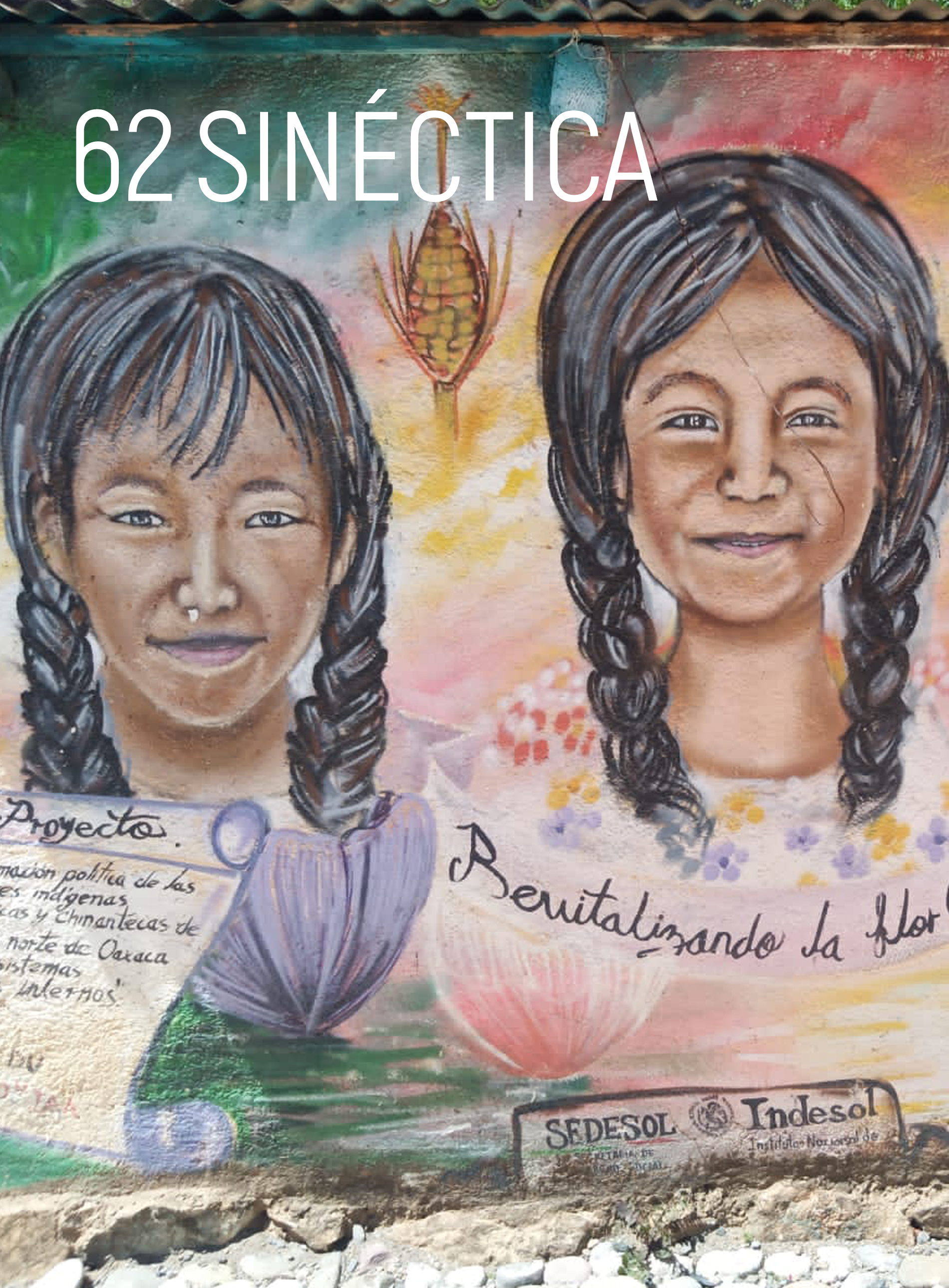Depósitos de sentido educativo y los procesos de negociación del docente universitario frente a las reformas curriculares de una IES
Keywords:
educational purpose, negociación docente, reforma curricular, sentido educativo, teaching negotiation and curriculum reformAbstract
Los aspectos puntuales del cambio radical promovido a partir de la revolución tecnológica constituyen un marco de referencia que permite entender por qué los sistemas y las instituciones educativas han modificado sustancialmente su currículo a fin de dar respuesta oportuna a los retos y las demandas que plantea el entorno globalizado. El propósito de este artículo es comprender cómo se apropia el docente universitario de la nueva propuesta curricular que se implementa en una institución de educación superior a partir de los significados que ha adquirido y que son parte de sus depósitos de sentido.Downloads
Downloads
Published
Issue
Section
License
This work is licensed under a Creative Commons Attribution-NonCommercial 4.0 International license.
Authors who publish in Sinéctica agree to the following terms:
The authors retain copyright and grant the journal the right of first publication of the authorized work simultaneously under a Creative Commons Attribution License, which allows others to share the work as long as both the authorship of the work and the initial publication in this journal are acknowledged.
Authors may enter into additional separate contractual agreements for non-exclusive distribution of the published version of the journal (e.g., publishing in an institutional repository or a book), with acknowledgement of initial publication in this journal.
Authors are allowed to publish their work in institutional repositories or on their own website before and during the submission process, as it may generate productive exchanges, as well as earlier and greater citation of the published work.
Explanatory note: As of 2017 Sinéctica is governed by the Creative Commons Attribution Non-Commercial 3.0 International License, a version that standardizes licenses internationally.
Articles published between 1992 and 2016 are covered by a Creative Commons Attribution-NonCommercial-NoDerivatives 4.0 International license, which allows a work to be shared and distributed non-commercially and with acknowledgement of the author, but prohibits modification of the original creation.






















